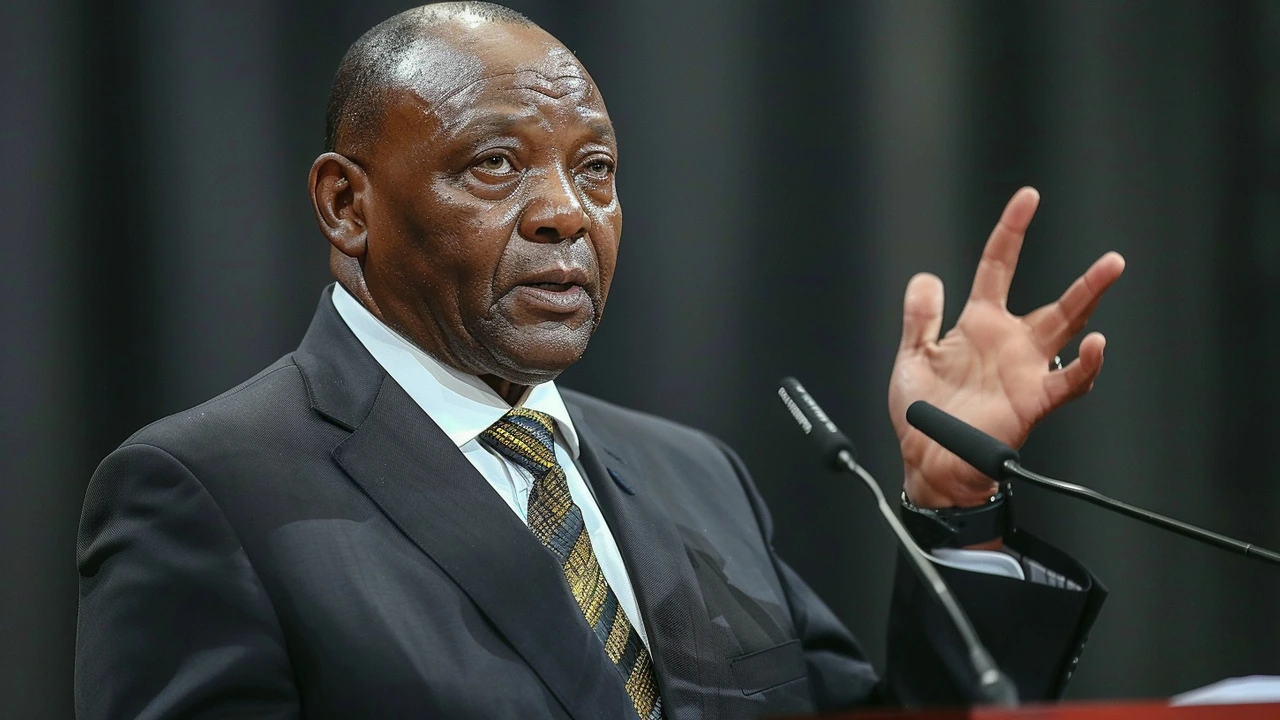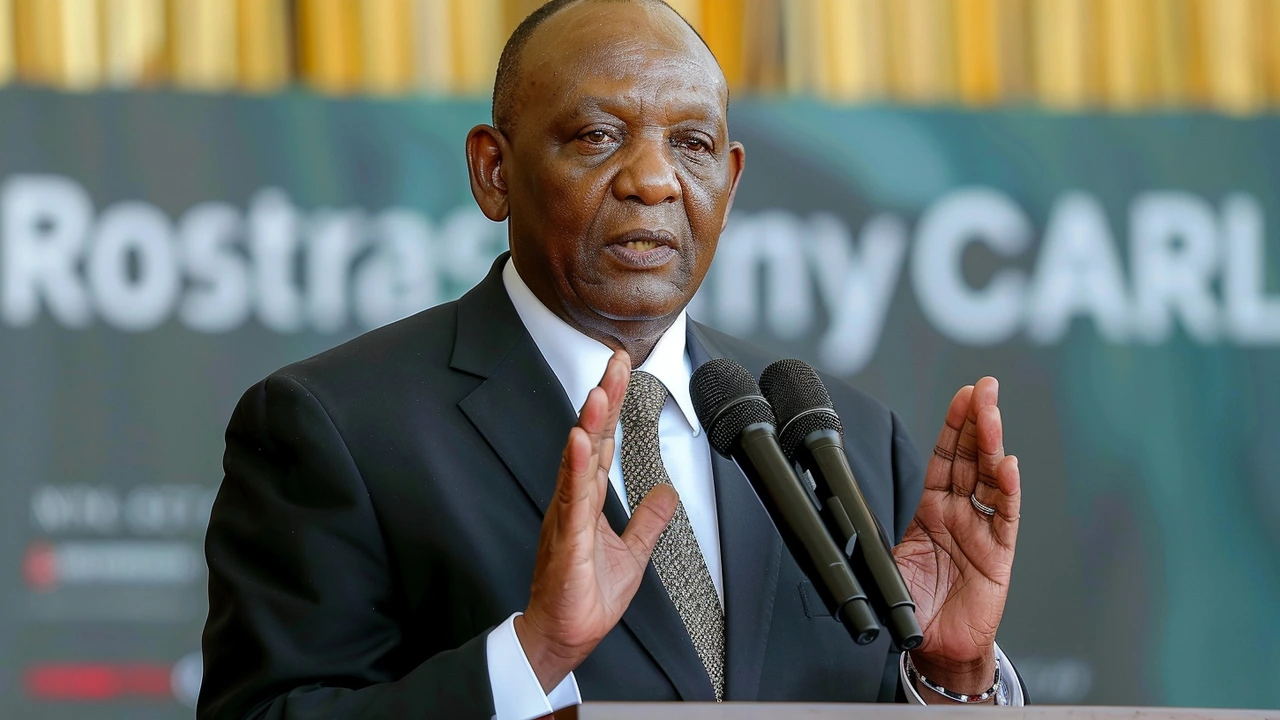Cyril Ramaphosa Secures Historic Re-election as South African President Through Landmark Coalition

Cyril Ramaphosa's Re-election Marks a New Era in South African Politics
Cyril Ramaphosa has been re-elected as the President of South Africa in a historic coalition deal that brings together the governing African National Congress (ANC) and several opposition parties. This unprecedented political arrangement follows the ANC's failure to secure a parliamentary majority for the first time in three decades during last month's elections. The ANC garnered just 40% of the vote, a sharp decline from its usual dominance. The centre-right Democratic Alliance (DA) came in second with 22%, illustrating a significant shift in the country's political landscape.
The new coalition government, described as a 'government of national unity,' has been formed after weeks of intense negotiations and political drama that saw the National Assembly sitting late into the night to confirm the new administration. In his victory speech, President Ramaphosa stressed the importance of cooperation among political leaders, highlighting that South Africans expect their leaders to work together for the common good of the country.
Formation of the Coalition Government
The agreement between the ANC and DA, along with smaller parties, was characterized as a 'remarkable step' by ANC secretary-general Fikile Mbalula. Ramaphosa is now tasked with the crucial job of allocating cabinet positions, a process that will see members of the DA and other coalition partners assuming significant roles in the new administration.
Notably absent from the coalition are two ANC breakaway parties, which could potentially capitalize on any failure of the coalition to deliver the economic improvements demanded by the electorate. Opinion polls indicate that many South Africans are hopeful that this grand coalition will succeed in addressing the country's pressing issues.
Challenges and Historical Context
South Africa's voter base has become increasingly disillusioned with the ANC due to rampant corruption, high unemployment rates, and escalating crime levels. Since the country's first democratic elections in 1994, the ANC had enjoyed more than 50% of the vote, but its support has waned over the years. Ramaphosa’s re-election under these circumstances sets the stage for a potentially transformative period in South Africa's political history.
In his address to the parliament following his confirmation, Ramaphosa drew parallels to the ANC's first presidential victory 30 years ago, emphasizing the need for unity and reconciliation. He underscored the gravity of the moment and the opportunity for collective action to build a better future for the nation.

The DA's Role and Perspectives
John Steenhuisen, leader of the DA, called the day 'historic,' marking it as the beginning of a new chapter in South African politics. The coalition signifies a significant shift from the traditional dominance of the ANC and reflects the electorate's increasing desire for change and effective governance. The National Assembly also appointed a speaker from the ANC and a deputy speaker from the DA, further cementing the collaborative nature of the new government.
However, the coalition has not been without its critics. Julius Malema, head of the Economic Freedom Fighters (EFF), has been vocal about his opposition to the agreement, accusing it of consolidating white monopoly power over South Africa's economy and means of production. These accusations reflect the deep-seated divisions and complex socio-economic issues that continue to challenge the nation's progress.
Looking Ahead
The success of this coalition government will be closely monitored both domestically and internationally. South Africans are keen to see tangible improvements in their daily lives, particularly in areas such as job creation, crime reduction, and corruption eradication. The coalition partners will need to set aside party differences and work collaboratively to achieve these goals.
Ramaphosa's leadership will be pivotal in navigating these uncharted waters. His ability to foster a spirit of unity and cooperation among the coalition partners will determine the efficacy and longevity of this unprecedented government. The reconfigured political landscape offers a rare opportunity to address long-standing issues and implement meaningful reforms.
The international community will be watching closely to see how South Africa's political experiment unfolds. A successful coalition government could serve as a model for other nations grappling with political fragmentation and declining public trust in traditional parties.
In conclusion, Cyril Ramaphosa's re-election as President under a coalition government marks a significant departure from the status quo and opens a new chapter in South African politics. The challenges ahead are formidable, but so too are the opportunities for positive change. As Ramaphosa and his coalition partners embark on this ambitious endeavor, the eyes of the nation and the world will be upon them, hopeful for a brighter and more unified future.